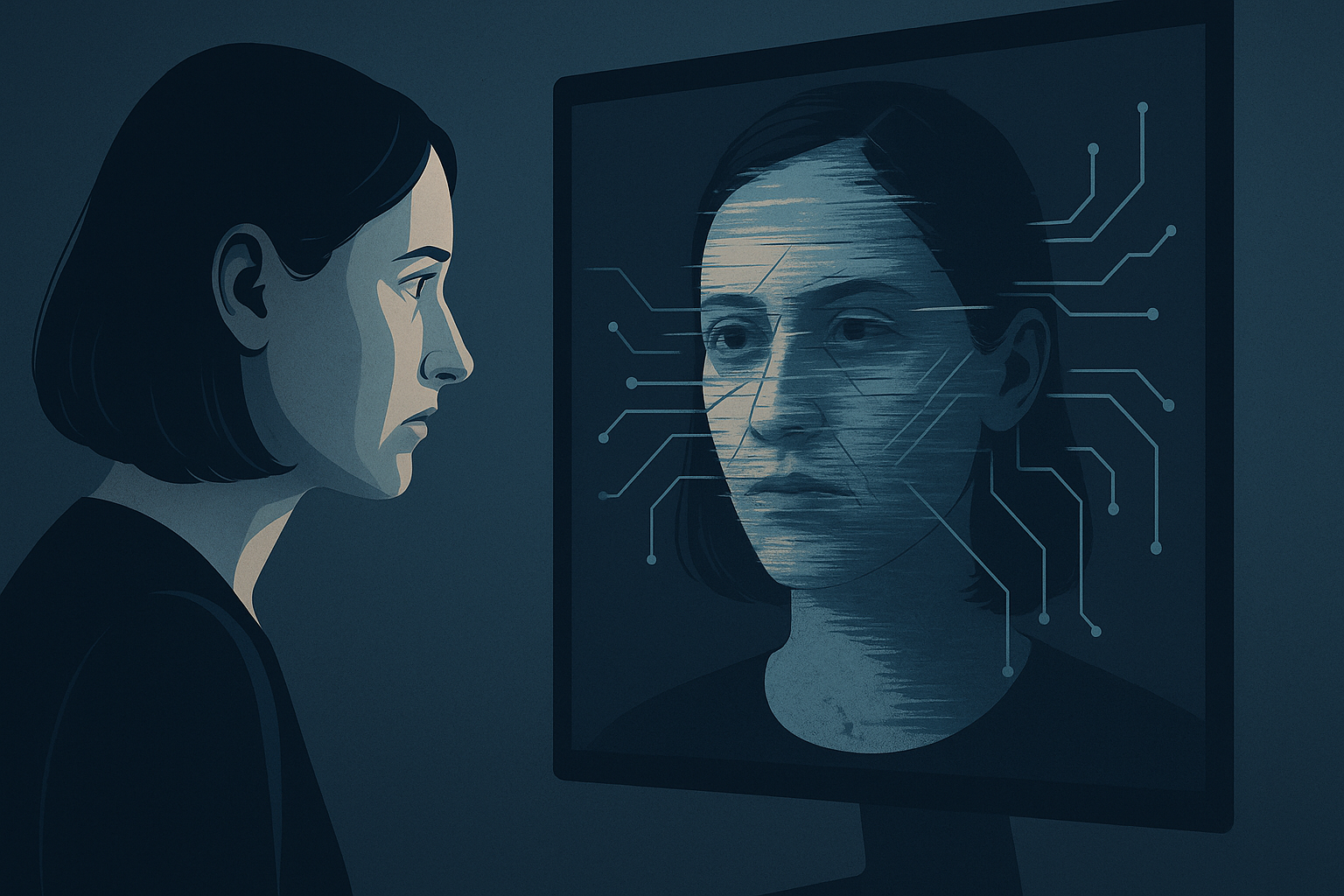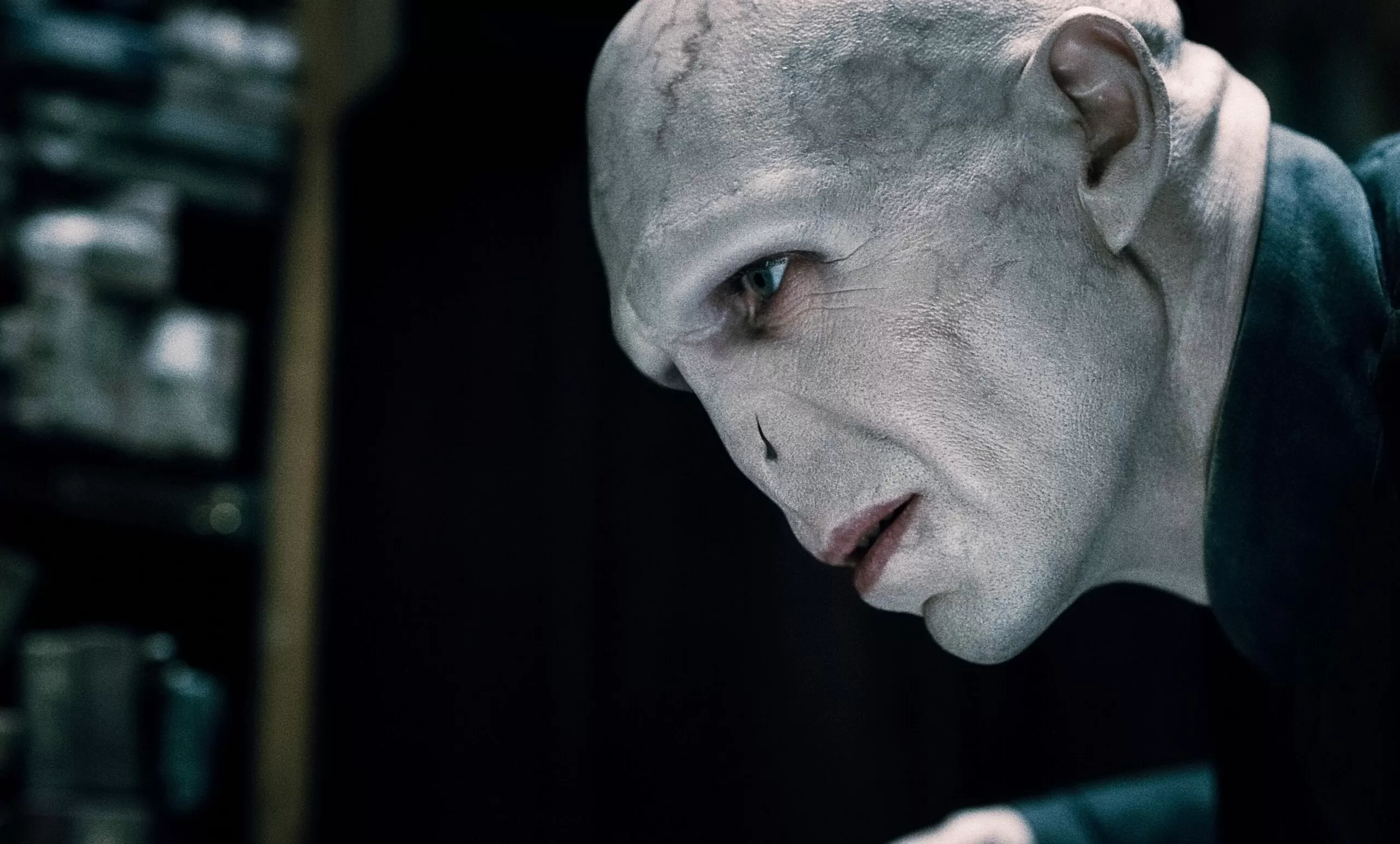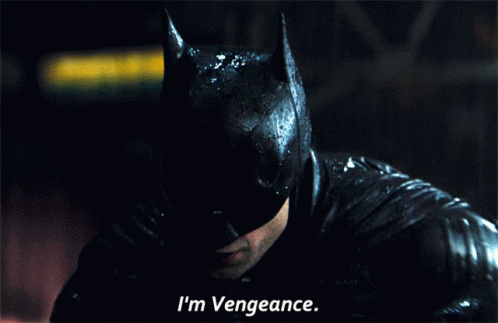The House of the Dragon (House of the Dragon), HBO's Game of Thrones spin-off series, based on George R.R. Martin's book Fire & Blood, tells the story of the civil war within the Targaryen royal family to decide who would sit on the Iron Throne. This event became known as the Dance of the Dragons. Brazilian law defines the concepts of Eventual Intent and Conscious Guilt. We'll use the series to conceptualize and differentiate them.
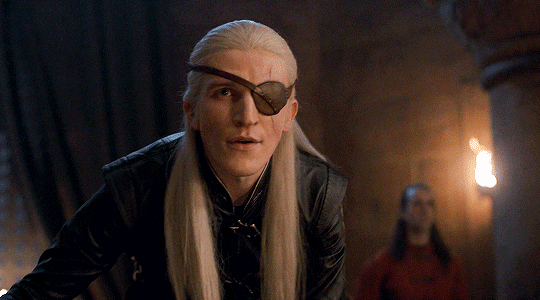
In the dictionary, "Dolo" means bad faith, machination, and fraud, meaning the intention directed at achieving a criminal outcome or the risk of producing one. Within the Brazilian legal system, it occurs when someone intends to commit a certain act or induce someone else to commit one. It consists of the deliberate act of breaking the law, whether actively or inadvertently, with full knowledge of what one is doing.
The crime of theft is an example of a criminal offense committed only with intent, that is, with the intention to commit it. There is no such thing as negligent theft. If there is no specific intent to steal, there is no crime.
On the other hand, guilt, within criminal law, occurs when there is no intention, but due to active (commissive) or omission, the individual ends up committing the criminal offense, mainly due to recklessness (lack of care that results in the crime or misdemeanor), negligence (knowing the risks, failing to take due precautions), or incompetence (lack of technical mastery that results in the criminal offense). Because it is an exception, the possibility of guilt must be expressly stated in the article that defines the crime.
The Military Penal Code, in its art. 33, section II, brought a more complete concept of guilt than that of the Penal Code, which establishes that “culpable, when the agent, failing to employ the caution, attention, or ordinary or special diligence to which he was obliged in view of the circumstances, does not foresee the result that he could foresee or, foreseeing it, recklessly supposes that it would not occur or that it could be avoided“
When assessing guilt, the predictability of the outcome of the conduct will be considered, that is, the individual, based on the average knowledge of any person, should foresee the outcome caused by their conduct.
We can take the example of a car collision, caused by a brief moment of inattention on the part of the drivers. Both failed to exercise due care while driving. Another example is an individual who speeds and causes an accident, injuring others. The driver should have anticipated the risks of speeding. When the crime occurs, it will be a negligent offense.
⚠️SPOILER ALERT
In the last episode of the first season, Aemond Targaryen, riding Vhagar, the largest living dragon in the series (approximately 150 meters long), in an attempt to scare his nephew, Lucerys Velaryon (riding a much smaller dragon), ends up killing him, starting the Dance of the Dragons (civil war).
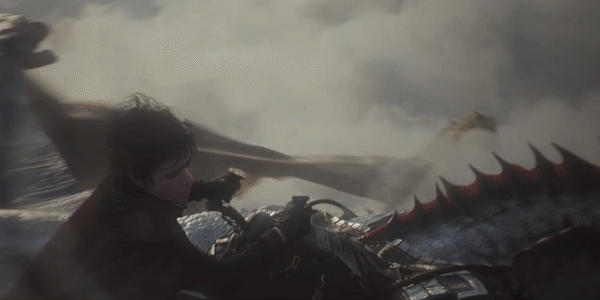
According to Rogério Sanches Cunha (2012, p. 49), in Eventual Intent, the subject foresees the possible consequences of his acts, but his intention is directed towards the intention of carrying out only one, accepting, however, that others may occur. Example of the subject who seeks bodily harm, but ends up killing the individual (CUNHA, 2012).
Nucci (2020, p. 360) teaches that Eventual Intent is the agent's will directed toward one outcome, foreseeing the possibility of a second, undesired but admitted outcome. The agent assumes the risk of producing a side effect of their conduct (NUCCI, 2020). He exemplifies this by narrating the case in which a subject decides to fire a gun at a wall (the desired outcome is to shoot at the wall), foreseeing, however, the possibility of the shots passing through the wall and hitting someone (NUCCI, 2020). The agent disregards the possibility of the second outcome (injury or death of third parties). If they hit a third party, they will be charged with intentional homicide, through eventual intent (NUCCI, 2020).
Currently, court decisions (case law) have been reviewed in cases of serious traffic crimes, no longer convicting the agent of conscious guilt but rather of eventual intent (NUCCI, 2020). This would be due to the numerous awareness campaigns carried out about dangerous driving and drunk driving, which would be sufficient to clarify drivers about the legal prohibition of certain behaviors (NUCCI, 2020).
If, even so, the driver of the vehicle acts in this clearly risky manner, he will be demonstrating his disregard for the safety of others and may be liable for an intentional crime (NUCCI, 2020). An example is the case of an individual who engages in street racing and ends up running over a pedestrian, demonstrating the Eventual Intent inherent in the behavior (NUCCI, 2020).
According to Rogério Sanches Cunha (2012), Conscious Guilt occurs when the agent foresees possible outcomes but expects them not to occur, assuming they can avoid them through luck or skill. According to Nucci (2020), in Conscious Guilt, the agent not only foresees the outcome but also effectively foresees it, sincerely hoping it will not happen. For example, driving at high speed to meet a commitment on time, foreseeing that an accident may occur at high speed, but sincerely hoping it will not occur, due to luck or driving skill (NUCCI, 2020).
The key difference between Eventual Intent and Conscious Fault is that in the former, the agent knows that a second outcome may occur as a result of their conduct, but they don't care. In the latter, the agent sincerely hopes that the second outcome will not occur.
Let's see what Nucci (2020) says about the two:
This is a theoretically plausible distinction, although in practice it is very complex and difficult. In both situations, the agent foresees the result that his conduct may cause, although in conscious guilt he does not admit it as possible and, in eventual intent, he admits the possibility of it happening, being indifferent to it (NUCCI, 2020, p. 318).
Returning to House of the Dragon, analyzing the subjective element of the season's final scene, Aemond clearly intended to harm his nephew, at least by removing his eye, and by attacking him with the largest dragon in the entire series, he risked eventually killing him. Which, in the end, came to fruition.
On the other hand, Aemond didn't expect to receive a response and be attacked by Lucerys. Aemond knows that dragons disobeying is common and didn't expect it to happen. It could be argued that he didn't expect it to result in death. His reaction of regret and despair upon seeing the dragon kill his nephew could be evidence of Conscious Guilt. As Nucci explained, characterizing them in practice is much more complex than it seems. The subjective element is very difficult to define.
